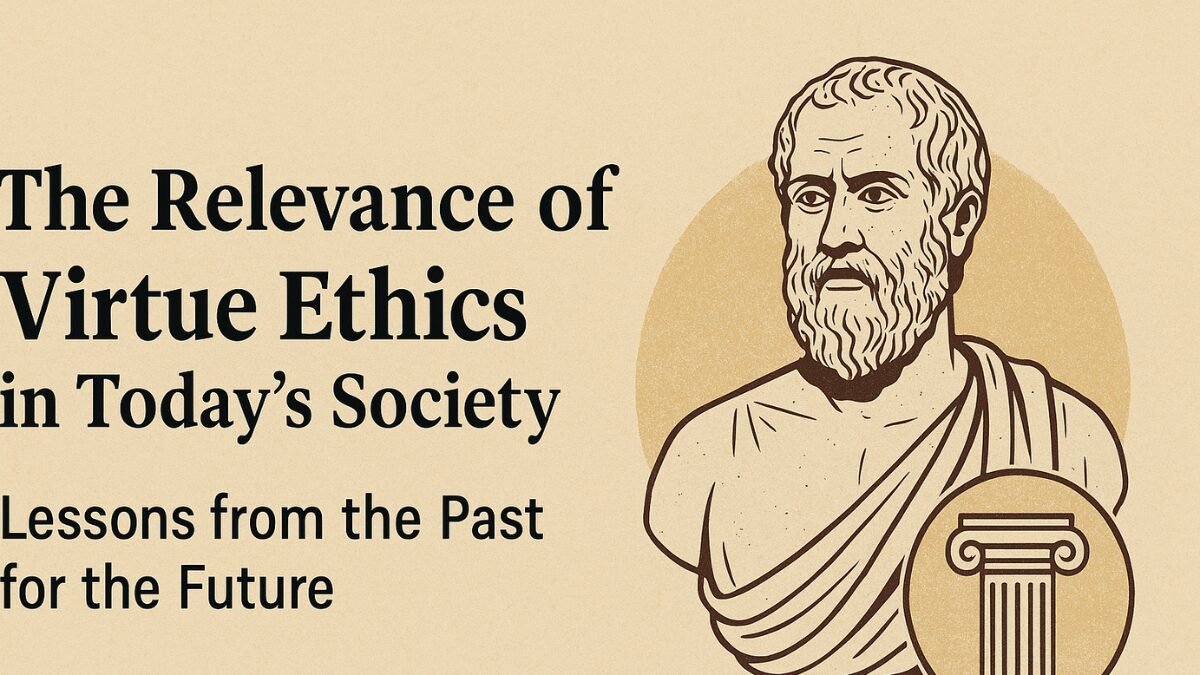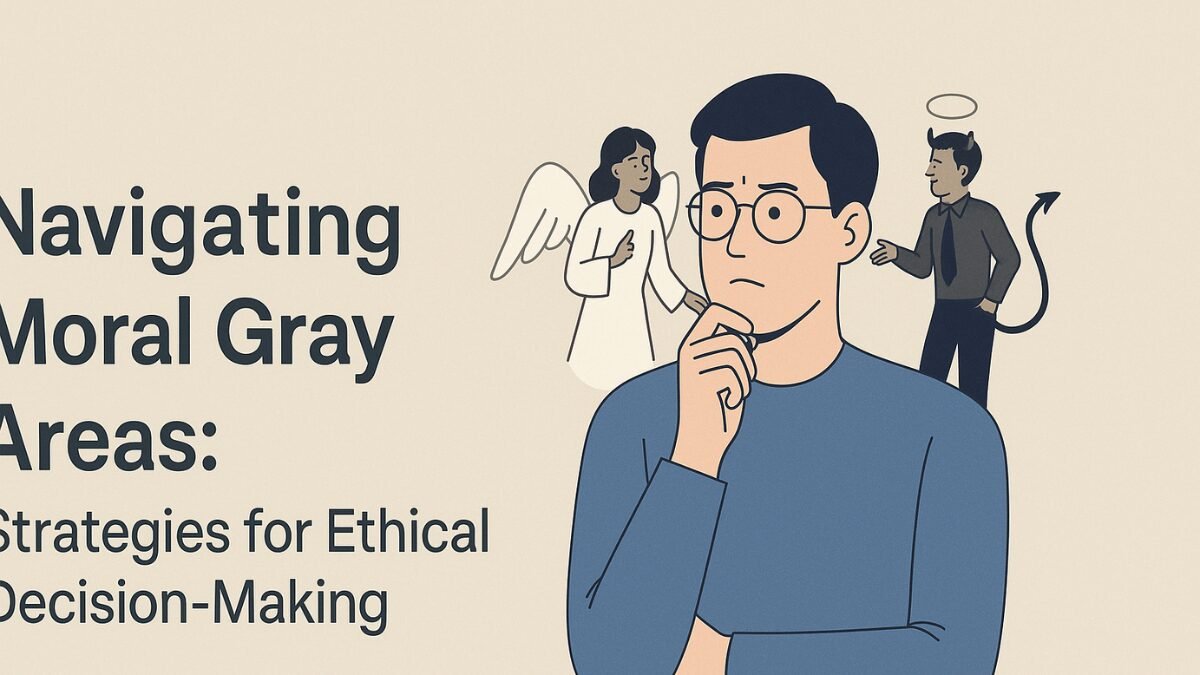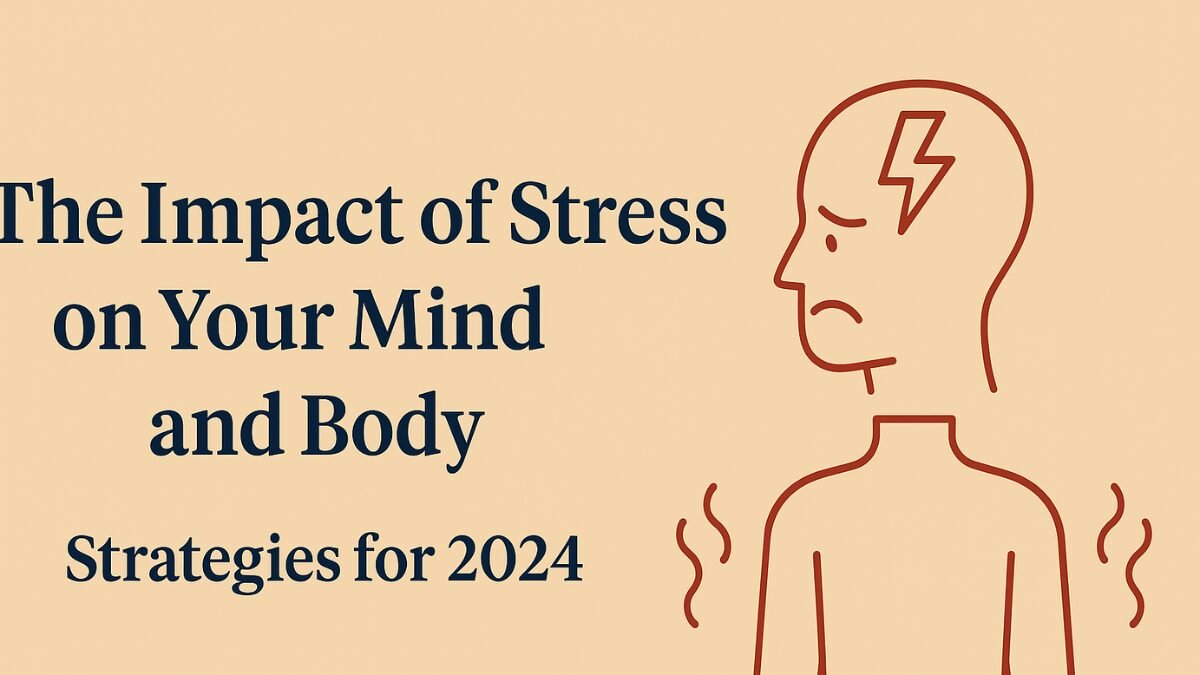Discover the importance of virtue ethics in today’s society. Learn how ancient philosophical principles can guide future decisions, promote moral character, and build a more ethical world.
Introduction: Rediscovering Ancient Morality in a Modern World
In a world driven by technology, globalization, and rapid change, questions about right and wrong have become increasingly complex. While legal systems and rules-based ethics guide our behavior, many find these approaches rigid or impersonal. This is where the relevance of virtue ethics in today’s society becomes evident. Rooted in ancient philosophy, virtue ethics emphasizes the development of moral character rather than simply following rules. It promotes internal growth and integrity, making it especially suitable for the modern age where moral dilemmas often lack clear answers.
What Is Virtue Ethics?
Virtue ethics is a branch of moral philosophy that dates back to ancient Greece, particularly to philosophers like Aristotle and Plato. Unlike deontological ethics (which focuses on duties and rules) or consequentialism (which emphasizes outcomes), virtue ethics asks: What kind of person should I be?
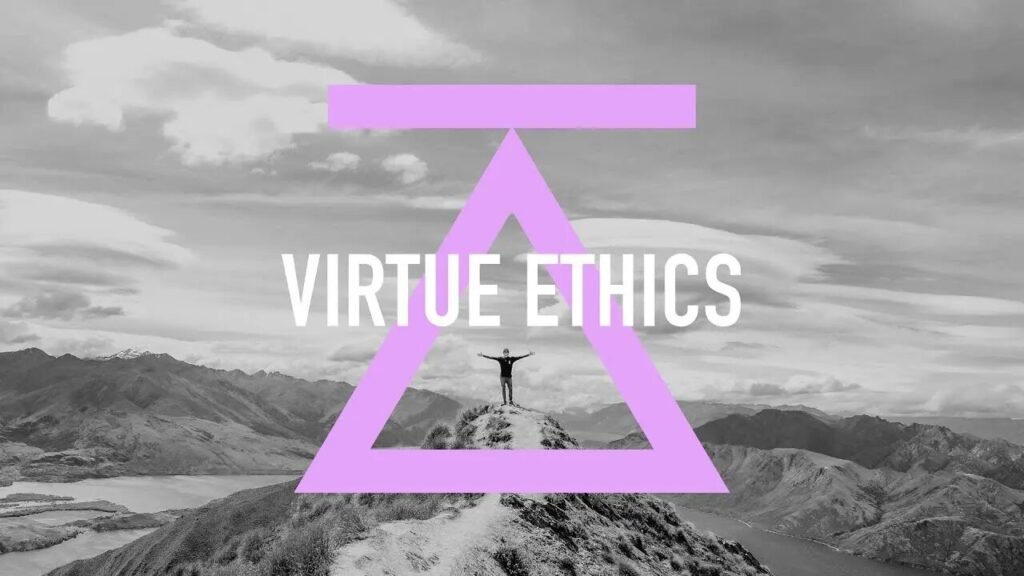
Virtue ethics promotes the cultivation of moral virtues—such as honesty, courage, temperance, and compassion—as key to living a fulfilling and ethical life. This philosophy views morality as a personal journey, where individuals develop good character through habit, reflection, and community.
Core Elements of Virtue Ethics
| Element | Description |
|---|---|
| Virtue | Positive traits or qualities deemed to be morally good (e.g., kindness, integrity). |
| Moral Character | A person’s disposition shaped by virtues that guide ethical behavior. |
| Practical Wisdom (Phronesis) | The ability to make the right decision in a moral context. |
| Eudaimonia | A Greek word for human flourishing or living well through virtuous living. |
The Relevance of Virtue Ethics in Today’s Society
A Human-Centered Approach to Ethics
Modern societies often struggle with depersonalized ethics where actions are judged by rules or their outcomes. However, virtue ethics brings the human element back. It asks individuals to look inward, develop personal responsibility, and shape their behavior around who they want to become—not just what they want to do.
This approach is especially valuable in complex moral situations where neither laws nor consequences can offer a satisfying answer. For example, social media influencers often face choices about honesty versus popularity. Virtue ethics encourages them to prioritize integrity over image.
Relevance in Professional Ethics
Whether in medicine, law, or business, professionals are often guided by codes of ethics. Yet, codes cannot account for every possible situation. Here, virtue ethics acts as a compass. A doctor guided by compassion, for instance, may offer better care than one who follows rules but lacks empathy. Similarly, a business leader who values integrity will make more sustainable and just decisions, even without external regulation.
Lessons from the Past: Virtue Ethics Through History
Ancient civilizations understood the importance of virtue in society. Aristotle believed that virtues could be cultivated through practice and community, and that society thrives when its citizens strive toward moral excellence.
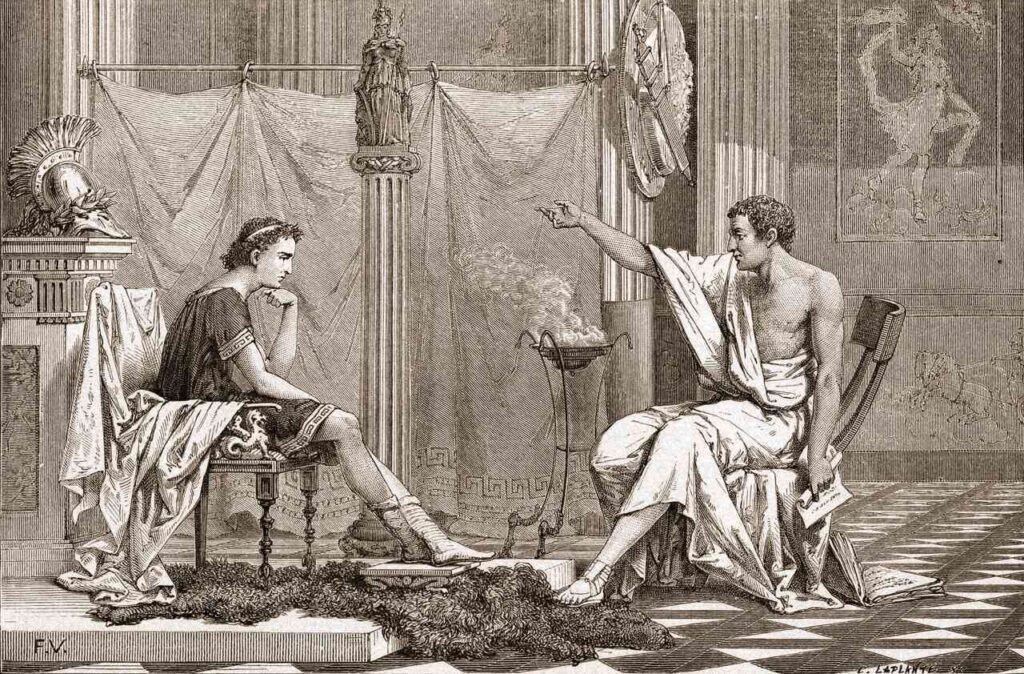
In Confucianism, similar ideas emerge. Virtues like ren (benevolence) and li (ritual propriety) underscore the importance of moral character in building a harmonious society.
The Renaissance and Enlightenment Thinkers
Later philosophers, such as Thomas Aquinas and Immanuel Kant, debated and refined the role of virtue in ethics. While Kant emphasized duty, he still acknowledged that moral character matters. Enlightenment thinkers valued education and self-improvement, key elements in the virtue ethics framework.
Virtue Ethics in Contemporary Issues
Technology and Artificial Intelligence
As technology advances, questions about ethics in AI and data privacy abound. Should we prioritize efficiency, or human dignity? Virtue ethics helps designers and developers prioritize virtues like fairness and accountability when creating systems that impact real people.
Climate Change and Environmental Stewardship
With growing environmental crises, individuals and corporations face tough choices. Virtue ethics can guide us to act with responsibility, respect, and foresight toward the planet—values that are often overlooked in profit-driven systems.
Social Justice and Inclusion
Virtue ethics fosters empathy, fairness, and humility—qualities that support diversity and social inclusion. It encourages us to engage in difficult conversations with an open mind and a compassionate heart.
The Role of Education in Cultivating Virtue
One of the most impactful ways to integrate virtue ethics into modern life is through education. Schools, universities, and parents play a crucial role in shaping the moral character of young individuals.
Rather than focusing solely on academic achievement or obedience to rules, educational systems that promote character development—through storytelling, civic education, and reflective practices—can produce more thoughtful, ethical citizens.
Challenges of Applying Virtue Ethics Today
Despite its relevance, applying virtue ethics in today’s society isn’t without challenges. Some criticisms include:
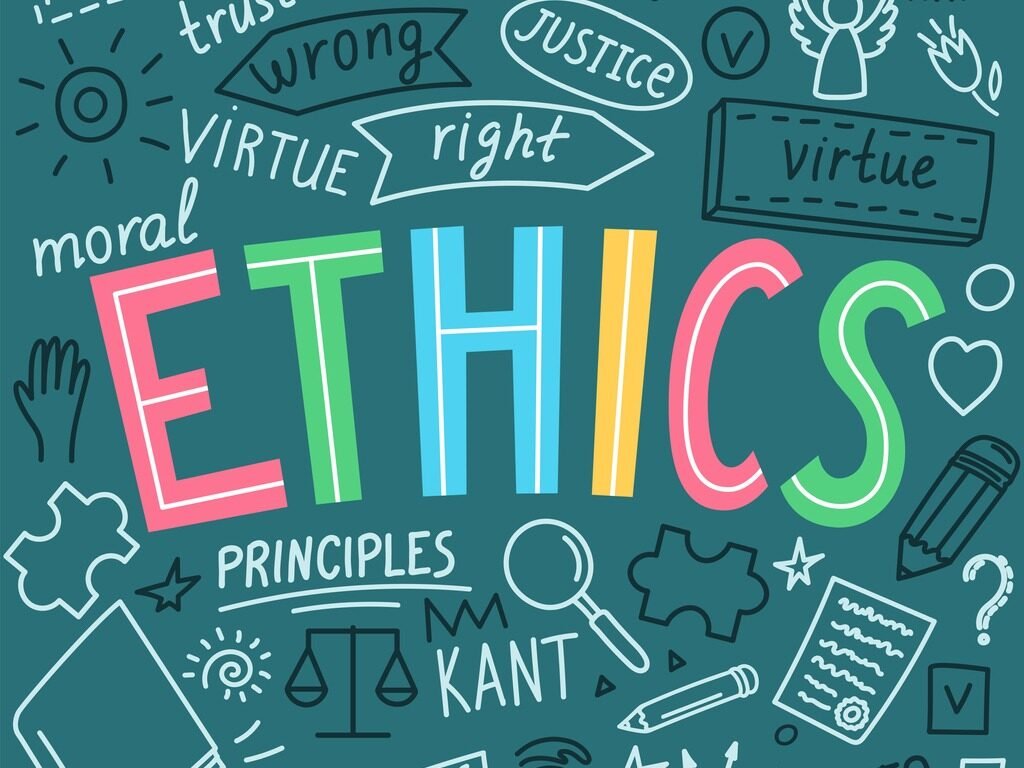
- Cultural Relativism: Different societies value different virtues, making universality difficult.
- Lack of Clear Guidelines: Unlike rule-based systems, virtue ethics doesn’t always offer specific actions.
- Moral Confusion: People may disagree on what constitutes a “virtue” in a particular situation.
However, these challenges also reflect the flexibility and richness of virtue ethics. It is a living, breathing approach that adapts to personal and cultural growth.
How Virtue Ethics Can Shape the Future
As we move forward, virtue ethics offers a valuable foundation for personal and societal development. Whether you’re a policymaker, teacher, leader, or student, cultivating virtues leads to more meaningful relationships, stronger communities, and a healthier world.
Summary Table: Past Lessons, Present Applications, Future Promise
| Timeline | Key Lessons | Societal Applications |
|---|---|---|
| Ancient Times | Moral character over rules | Community-based ethics |
| Enlightenment | Self-improvement and education | Human rights and civic virtue |
| Today | Personal growth and empathy | Ethical leadership, social justice, climate responsibility |
| Future | Holistic, virtue-based society | AI ethics, global unity, sustainable living |
FAQs: Exploring More About Virtue Ethics
- How is virtue ethics different from utilitarianism?
Virtue ethics focuses on character, while utilitarianism evaluates actions based on their consequences. - Can someone learn virtues later in life?
Yes, virtue ethics sees moral development as a lifelong journey through practice and reflection. - Are all virtues the same across cultures?
While core virtues like honesty and compassion are common, their expression may differ across cultures. - Is virtue ethics compatible with religion?
Many religious traditions promote virtues, making virtue ethics highly compatible with spiritual practices. - How can I practice virtue ethics daily?
By reflecting on your actions, learning from role models, and striving to be a better person consistently. - Does virtue ethics support forgiveness?
Yes, virtues like compassion and humility encourage forgiveness as part of moral growth. - Can businesses adopt virtue ethics?
Absolutely. Ethical leadership, employee respect, and responsible practices reflect virtue-based management. - How does virtue ethics handle moral dilemmas?
It encourages wise judgment (phronesis) to balance different virtues based on the situation. - Is virtue ethics outdated?
No, its timeless focus on moral character makes it especially relevant in modern ethical debates. - Can children understand virtue ethics?
Yes, teaching virtues through stories, games, and role-playing can make it accessible for children.
Conclusion: Virtue Ethics as a Moral Compass for the Future
In an age marked by ethical uncertainty and rapid transformation, the relevance of virtue ethics in today’s society cannot be overstated. Drawing from ancient wisdom and emphasizing the development of moral character, this ethical framework offers a personalized, flexible, and deeply human approach to right and wrong.
From addressing climate change to fostering meaningful relationships and guiding AI development, virtue ethics equips individuals and institutions with the inner compass needed for a just and compassionate future. As we continue to face global and personal challenges, returning to the foundational question—What kind of person should I be?—may just lead us to the answers we need.




